Amna Suraka
In this room, each mirror shard represents a life lost in the genocide. Each ceiling light represents a child that was killed.

DAVE VOTAW
RTI teacher on field work assignment
Yesterday, my young friend Abe (who is only 22, but grew up in this city) took me to Amna Suraka, the site of a prison that was used by Saddam’s regime as a part of his genocide program against this people group.
The prison buildings are still standing and have been turned into a museum of sorts. The museum is far from complete, but visiting it was a powerful history lesson.
Abe, who has excellent English, told me that his grandmother fought alongside her fellow citizens against the regime. When we got to the room where various types of guns are displayed, he showed me which one she had used. He said that his mother had actually participated in an attack against the prison and had been shot. This was before Abe was born, so she obviously lived, but is still suffering from her war wounds.
The prison camp was very much like the Nazi concentration camps from World War II that one can still visit in Germany and the surrounding areas. It almost seems that Saddam’s government used them as their model; this camp had all of the same “features”. It’s astonishing to me that we Americans are taught all the history of the Jewish holocaust but not anything about this much more recent one, which was just as bad, albeit on a smaller scale.
It’s so easy to be critical of these people, of their cultural dysfunctions, but when I began to understand their history I become more impressed with what they’ve been able to do – astonished, in fact, at how they thrive under persecution.
On a personal level, I came away with a sense of having been hugely blessed, to get to be born where I was born, to have the opportunities that I’ve had. These people here have not had those advantages that I find so easy to take for granted. But God in His sovereignty has chosen to bless me, and I am thankful.
The weather is heating up. Most days, we have a high in the mid-90’s. Outside, it’s important to try and stand in the shade. Going out of the house is hard on us as the A/C in most buildings is either not very effective or not there at all. Taxis are often hard to bear because they are so hot, but we must rely on them for transportation. On some days, city power to most houses is cut off for an hour or two at the hottest point. They rely on water power and gasoline generators for their electricity here (no one seems to have thought of using solar energy, which would be plentiful) and there isn’t much water in the desert. Our apartment is very comfortable and has A/C that works, when it gets power.
Sam was sick one day this week and the local people took good care of him. He is still recovering but seems to be on the mend. He’s scheduled to preach this weekend. Many people both here and at home were praying for him and he was so appreciative.
Please pray for both Sam and Samson as we approach their return to RTI and their licensing exams. I am having regular study times with them and they are doing very well. We are thankful for great Internet connections!

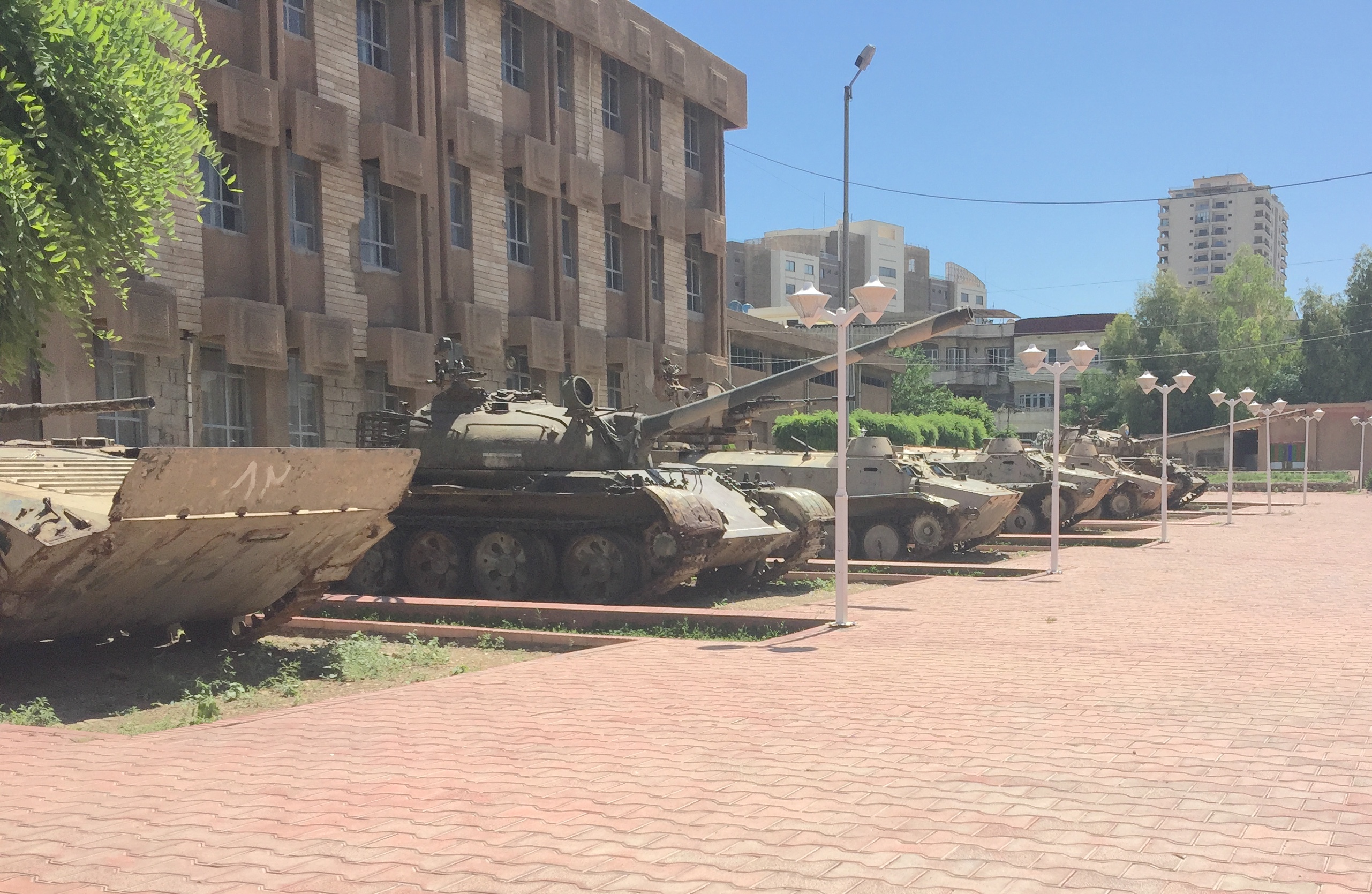
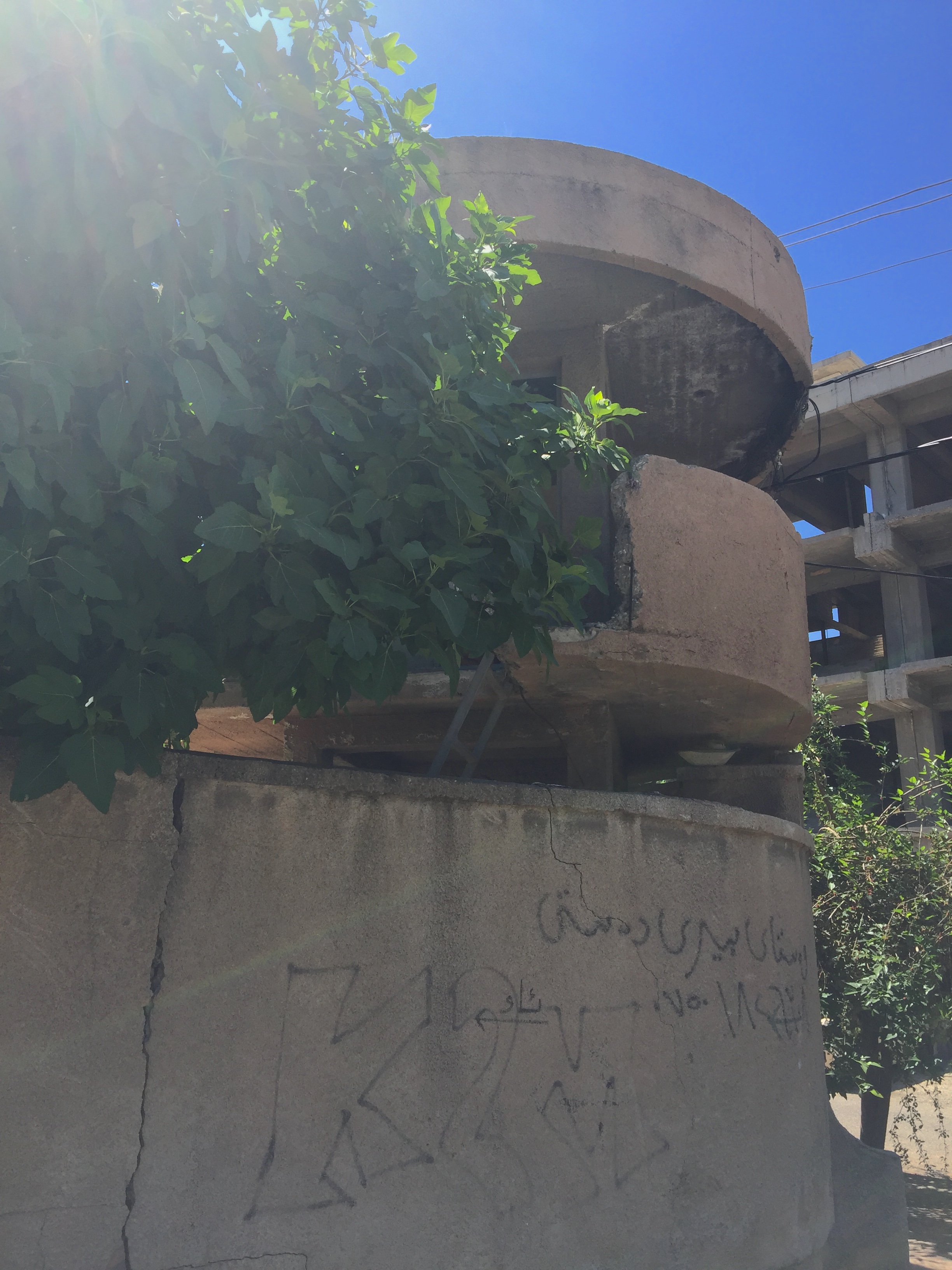
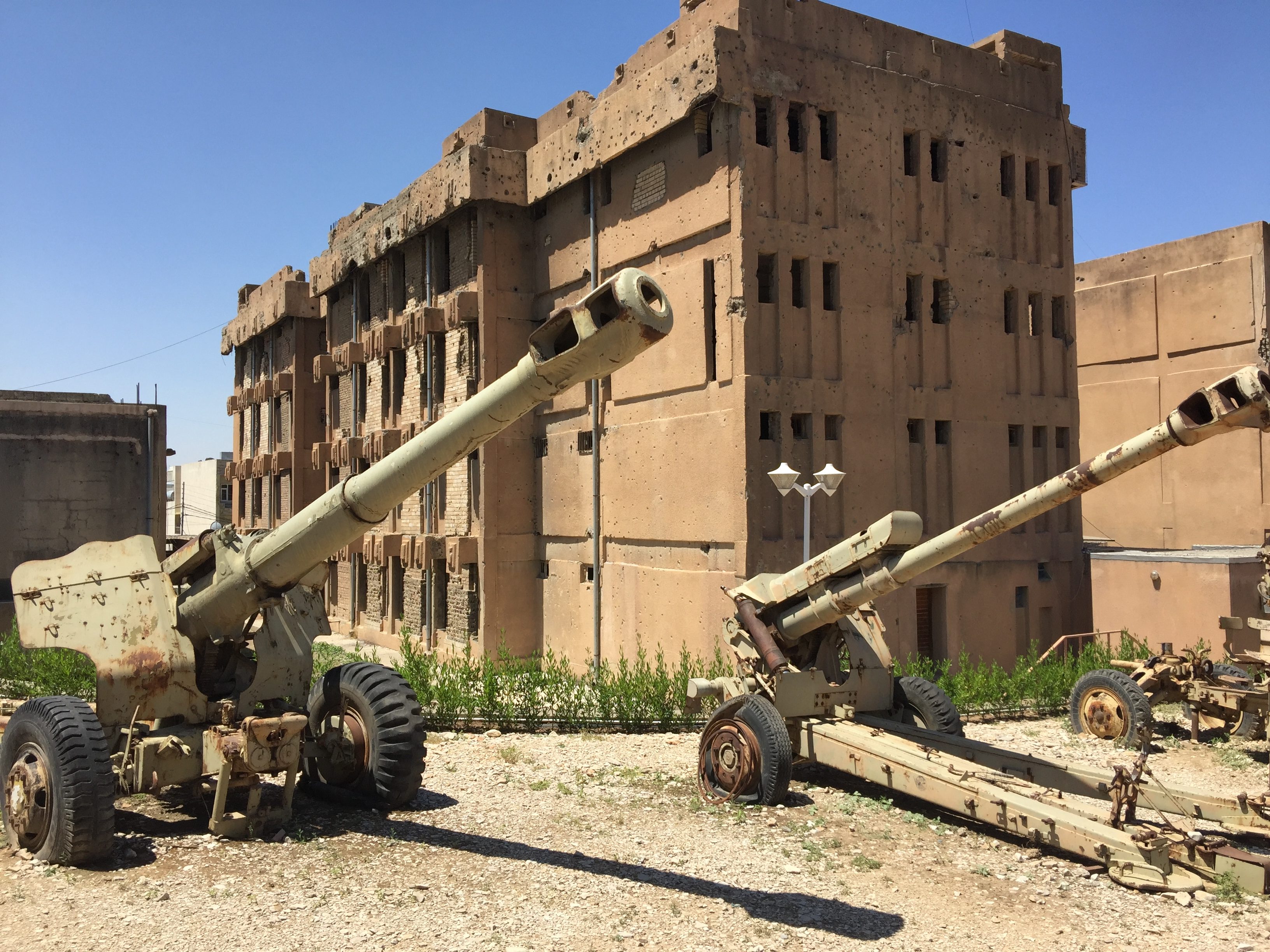
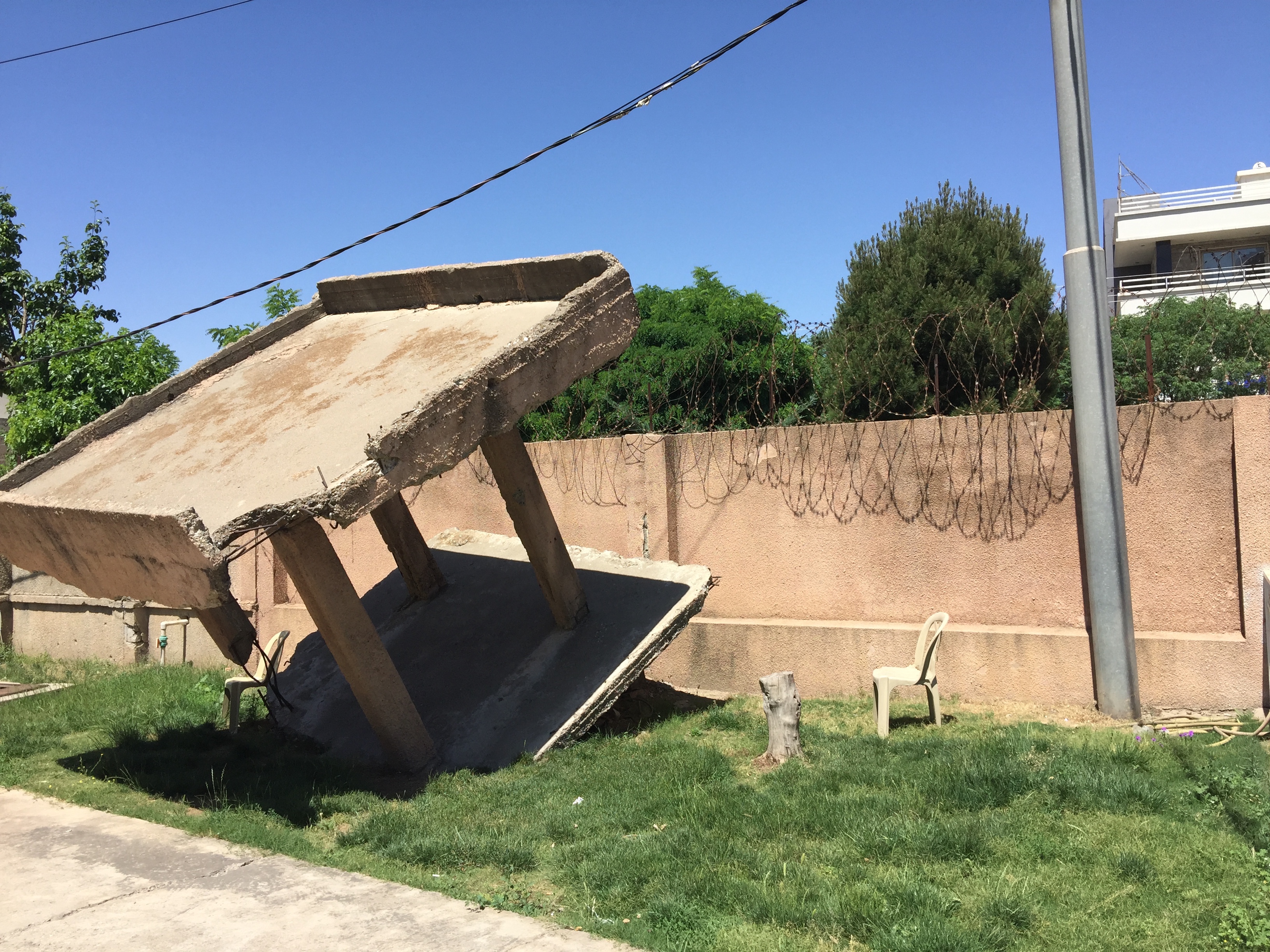
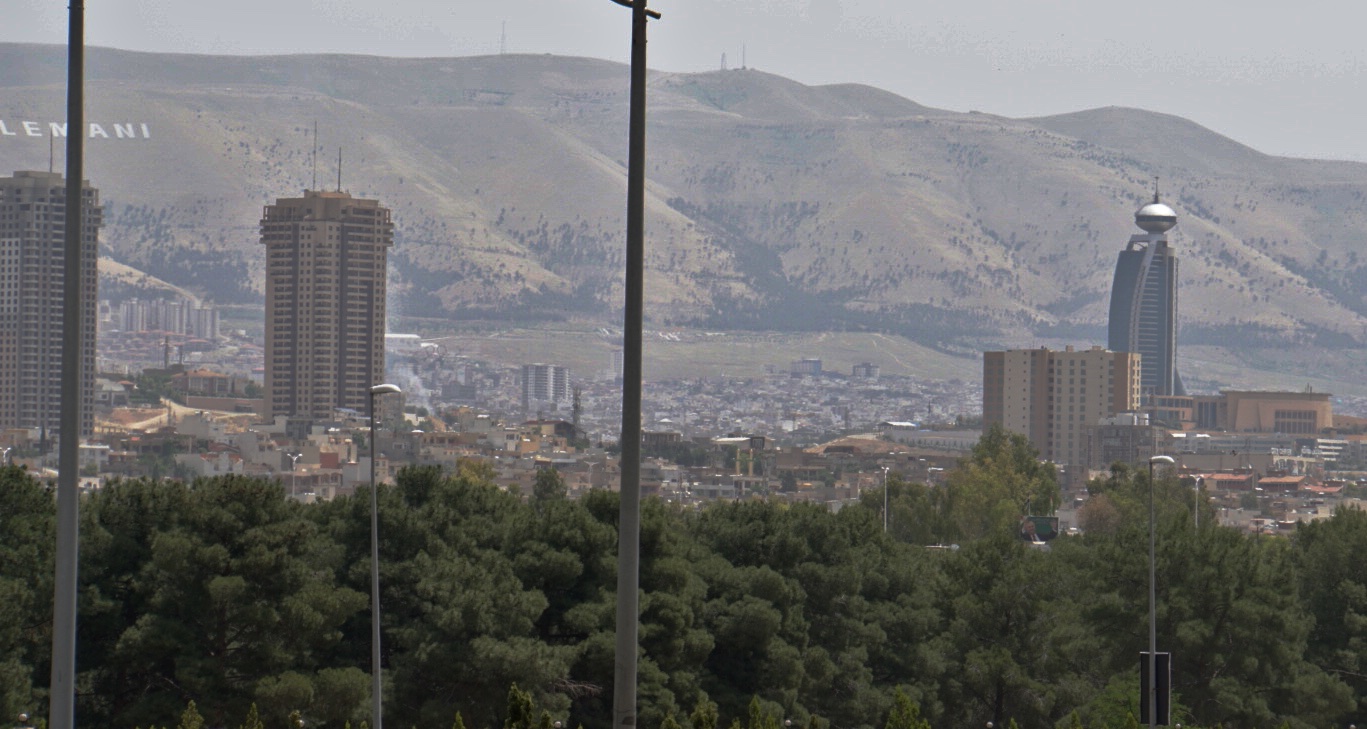

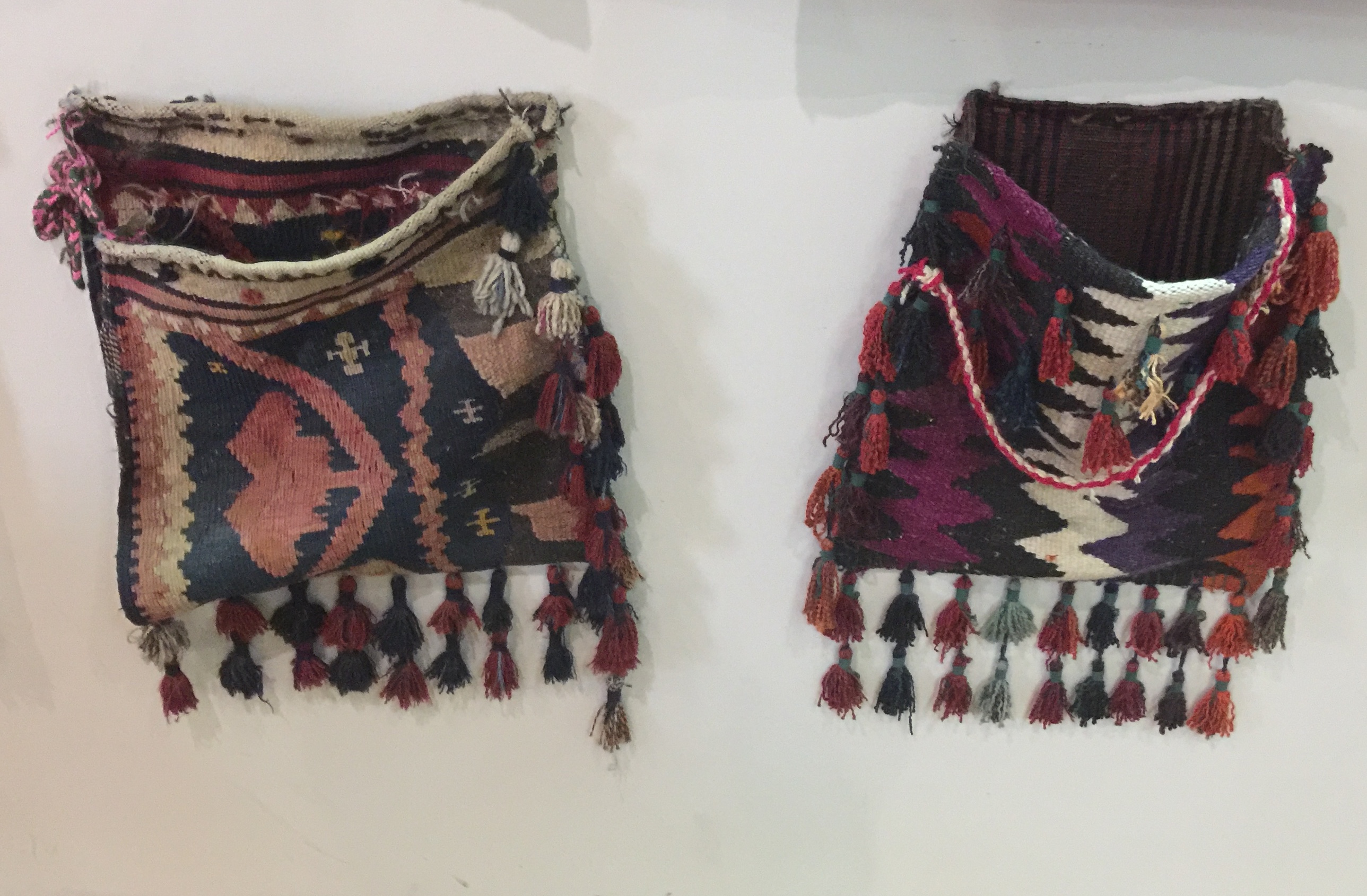
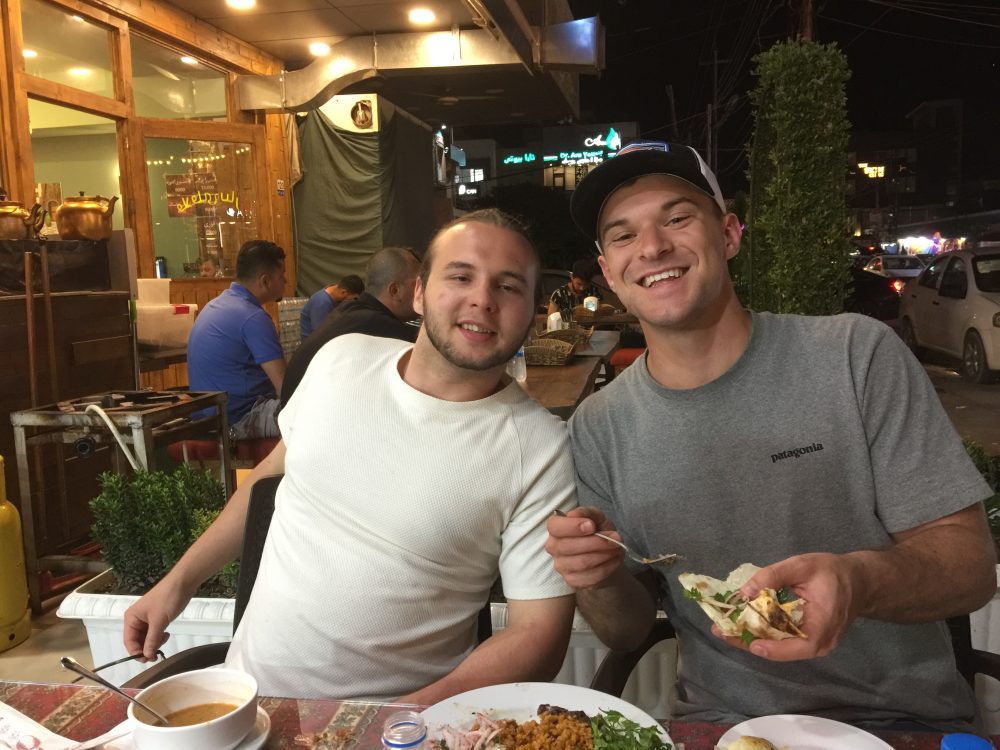
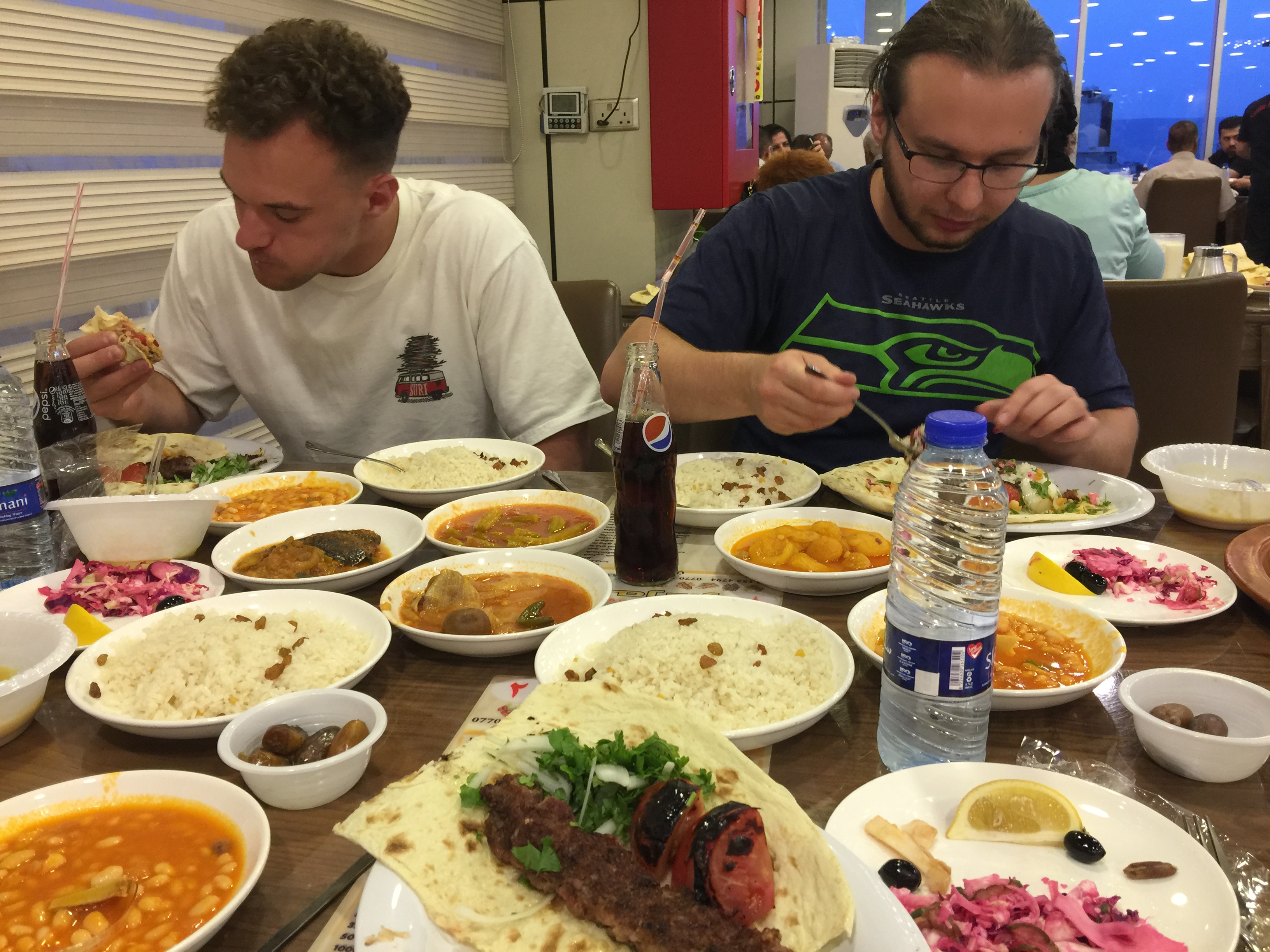
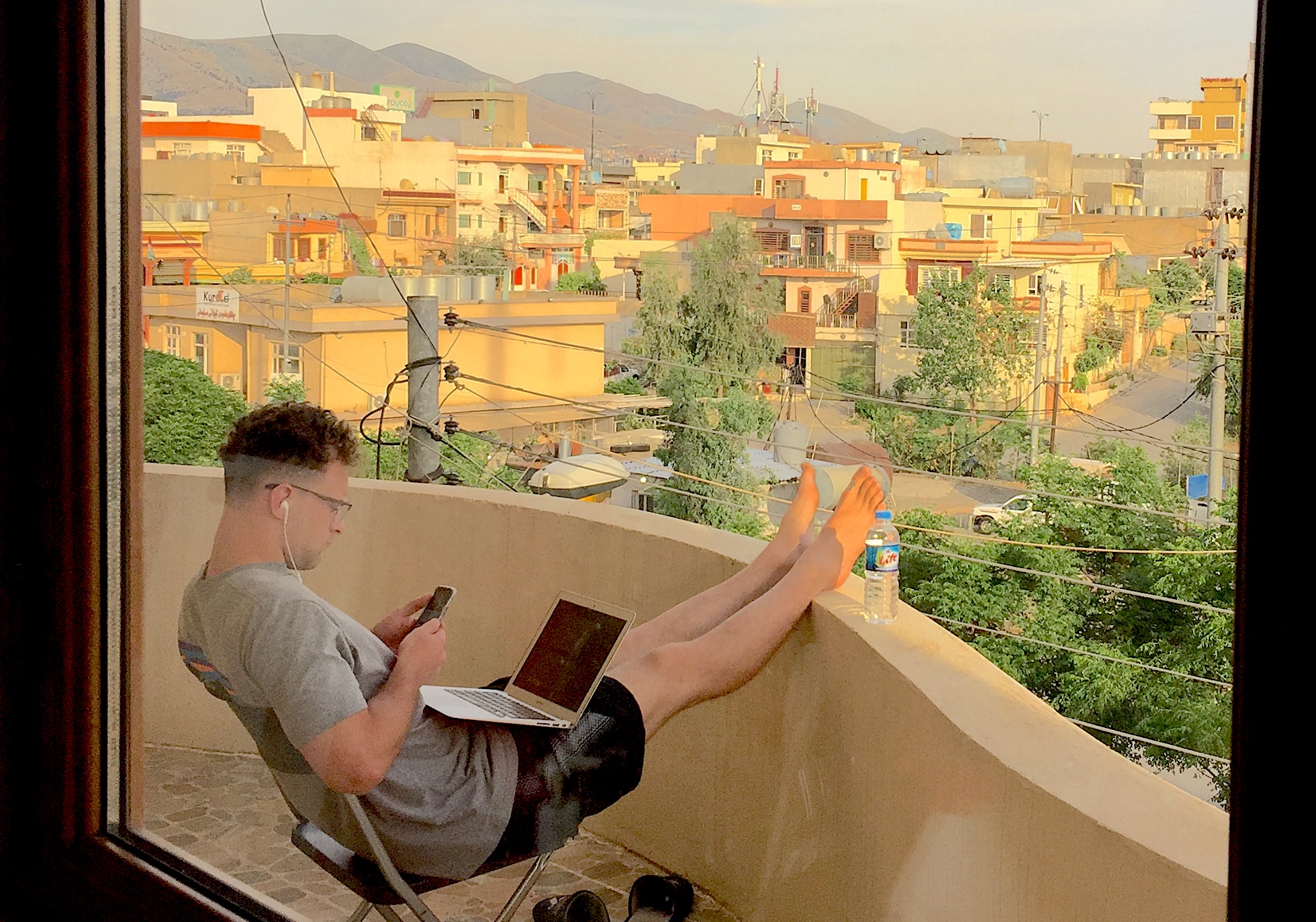
Thanks for the museum pictures and it’s moving to hear of the struggle against Saddam. I’m glad Sam and Samson are doing well in their studies 👍😁 they have great teachers.